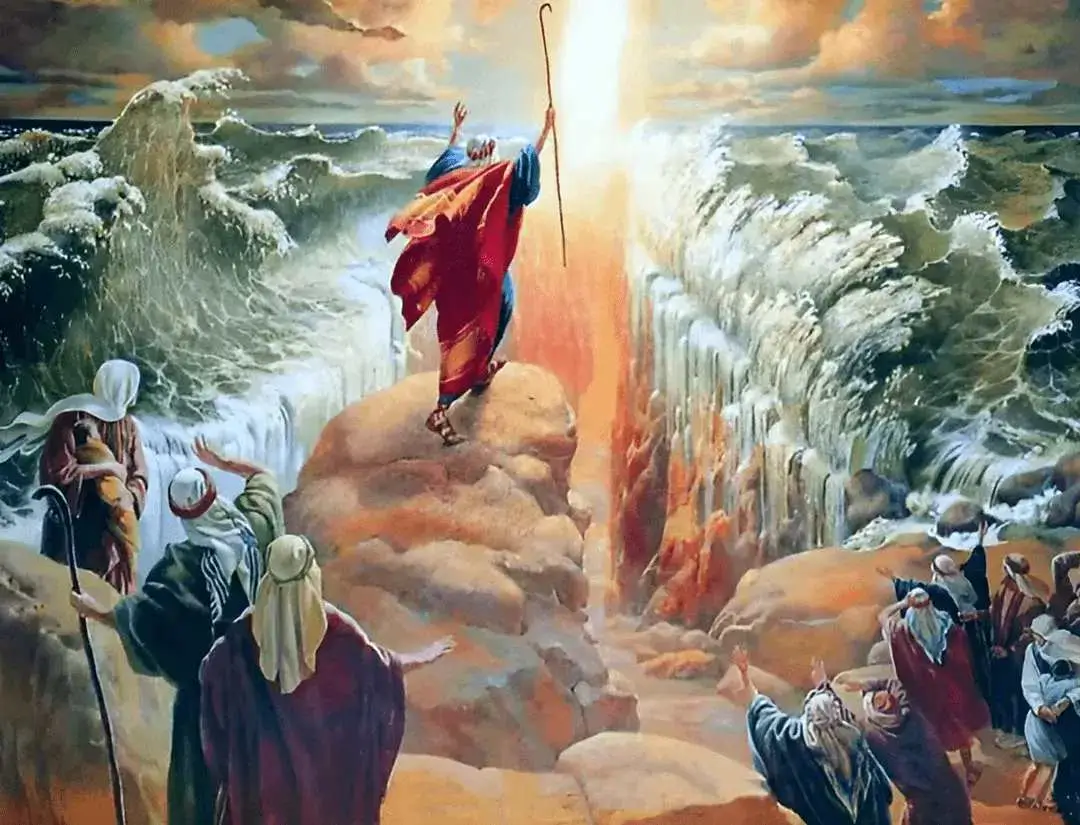Language
 Directory
Directory
Part 8
The Holy Week Timetable

The Holy Week timetable refers to the sequence of events that took place during the final week of Jesus' earthly ministry. It encompasses significant moments such as Jesus' entry into Jerusalem, the Last Supper, his arrest, trial, crucifixion, and resurrection. Each event holds great importance for Christians and commemorates the foundation of their faith.
1. Palm Sunday: The Holy Week begins with Palm Sunday, which commemorates Jesus' triumphal entry into Jerusalem. Jesus rode into the city on a donkey while people laid down palm branches and their own cloaks, shouting "Hosanna" to welcome him as the long-awaited Messiah.
2. Monday to Wednesday: These days typically represent a period of teaching and preparation. Jesus spent time in the temple, engaging in debates with religious leaders and sharing parables. He also anointed by Mary with costly perfume in Bethany.
3. Maundy Thursday: On this day, Jesus gathered with his disciples to celebrate the Passover meal, known as the Last Supper. During the meal, Jesus took bread and wine, instituting the sacrament of Communion in remembrance of his sacrifice. He washed the feet of his disciples, teaching them about humility and service.
4. Good Friday: This day observes the crucifixion of Jesus. After being arrested in the Garden of Gethsemane, Jesus endured a series of trials before Pontius Pilate and Herod. Roman soldiers then flogged and mocked him. Finally, Jesus was crucified at Calvary, experiencing immense suffering and ultimately sacrificing his life for the redemption of humanity. His death is a central focus of Christian theology, representing atonement for sin.
5. Holy Saturday: This day marks Jesus' rest in the tomb. It is a time of anticipation and reflection as Christians await the resurrection.
6. Easter Sunday: The culmination of the Holy Week is Easter Sunday, celebrating the resurrection of Jesus Christ. Early on the third day, women, including Mary Magdalene, Mary (the mother of James), and Salome, went to Jesus' tomb to anoint his body. However, they found the stone rolled away and the tomb empty. Jesus had risen from the dead, conquering death and offering new life to all who believe in him.
The significance of the Holy Week timetable lies in its representation of the crucial events that form the foundation of the Christian faith:
1. Sacrifice and redemption: Good Friday highlights the sacrificial death of Jesus, demonstrating his love for humanity and providing redemption from sin.
2. Commemoration of the Last Supper: Maundy Thursday serves as a remembrance of the Last Supper, emphasizing the importance of Communion and the call to love and serve one another.
3. Victory over death: Easter Sunday celebrates the resurrection of Jesus, signifying his triumph over death and offering hope of eternal life to believers.
4. Spiritual renewal: The Holy Week provides an opportunity for Christians to reflect on their faith, renew their commitment to Christ, and experience spiritual growth and transformation.
5. Reminder of God's love: The events of the Holy Week serve as a powerful reminder of God's profound love for humanity. Through Jesus' suffering, death, and resurrection, believers are reconciled with God and offered the gift of salvation.
The Holy Week timetable carries immense significance in Christianity, encapsulating the central themes of sacrifice, redemption, love, and hope. It invites believers to enter into the story, meditate on the life of Jesus, and deepen their understanding of the profound impact of his death and resurrection.




 Previous
Previous







